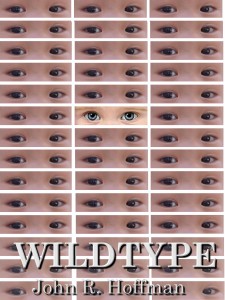 In the future, true equality and access to resources eliminates famine, poverty, and war, poverty. The birth a baby with a genetic disorder challenges the society’s fundamental beliefs and demonstrates that the delicate structure maintaining the peace is precariously close to collapsing. To maintain order the government tries to prevent the further spread of subversion caused by the child. The controversy surrounding her flares through the population and threatens her fate and ultimately the survival of society.
In the future, true equality and access to resources eliminates famine, poverty, and war, poverty. The birth a baby with a genetic disorder challenges the society’s fundamental beliefs and demonstrates that the delicate structure maintaining the peace is precariously close to collapsing. To maintain order the government tries to prevent the further spread of subversion caused by the child. The controversy surrounding her flares through the population and threatens her fate and ultimately the survival of society.
Wildtype [wahyld – tahyp]–Genetics
– noun
- An organism having an observed characteristic or trait of the typical form of a species that occurs most commonly in nature. The original usage of the term “wildtype” was as an indication of the normal genetic information for a particular characteristic, as distinguished from “mutant” forms.
- The form or forms of a gene occurring most commonly in a population.
-Related forms Wild-type, adjective
Mutant [myoot – nt] – Genetics
– adjective
1. Undergoing or resulting from a sudden change from the parent type in one or more heritable characteristics, caused by an alteration in a gene
– noun
2. A new type of organism produced as the result of an alteration in a gene.
3. (slang) a social outcast.
– Origin:
1901; Latin mūtant – (s. of mūtāns) prp. of mūtāre to change



Reach me at: